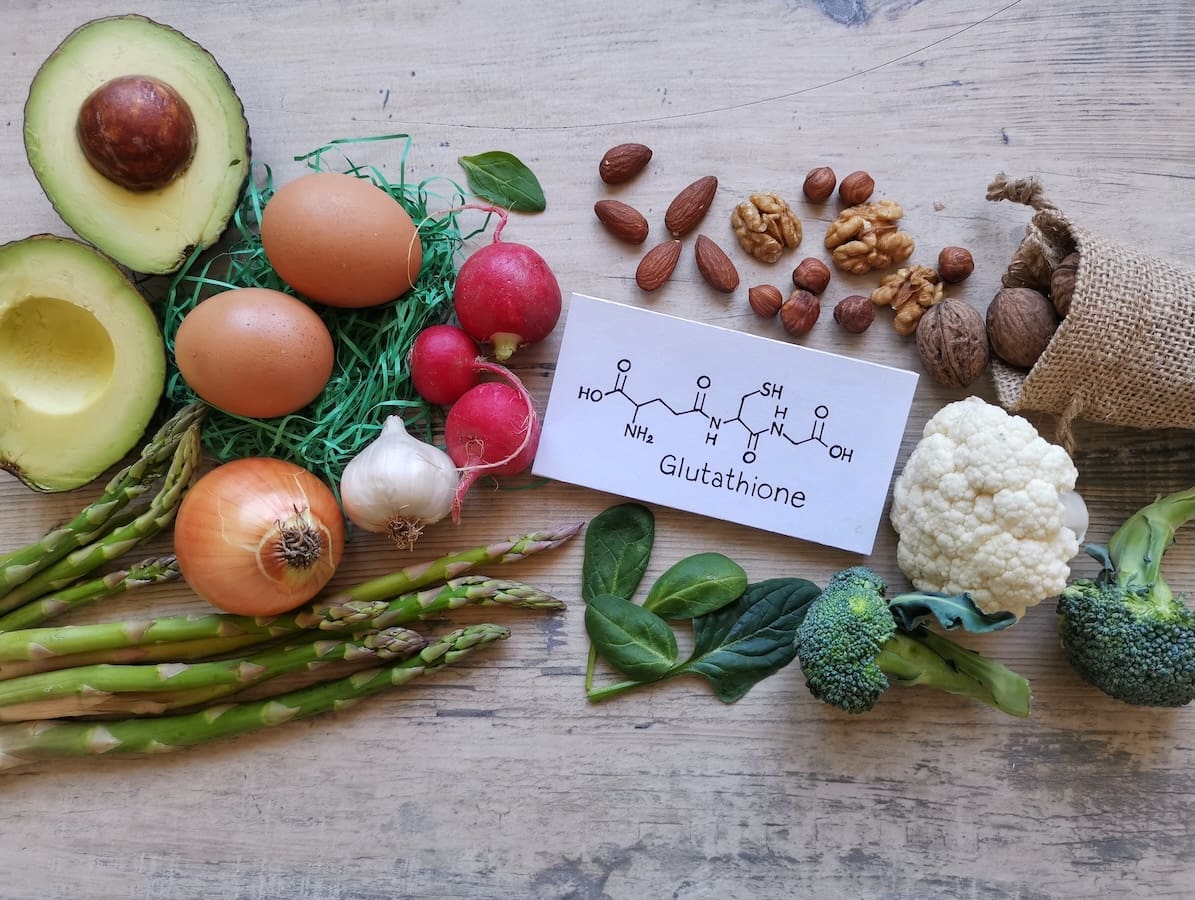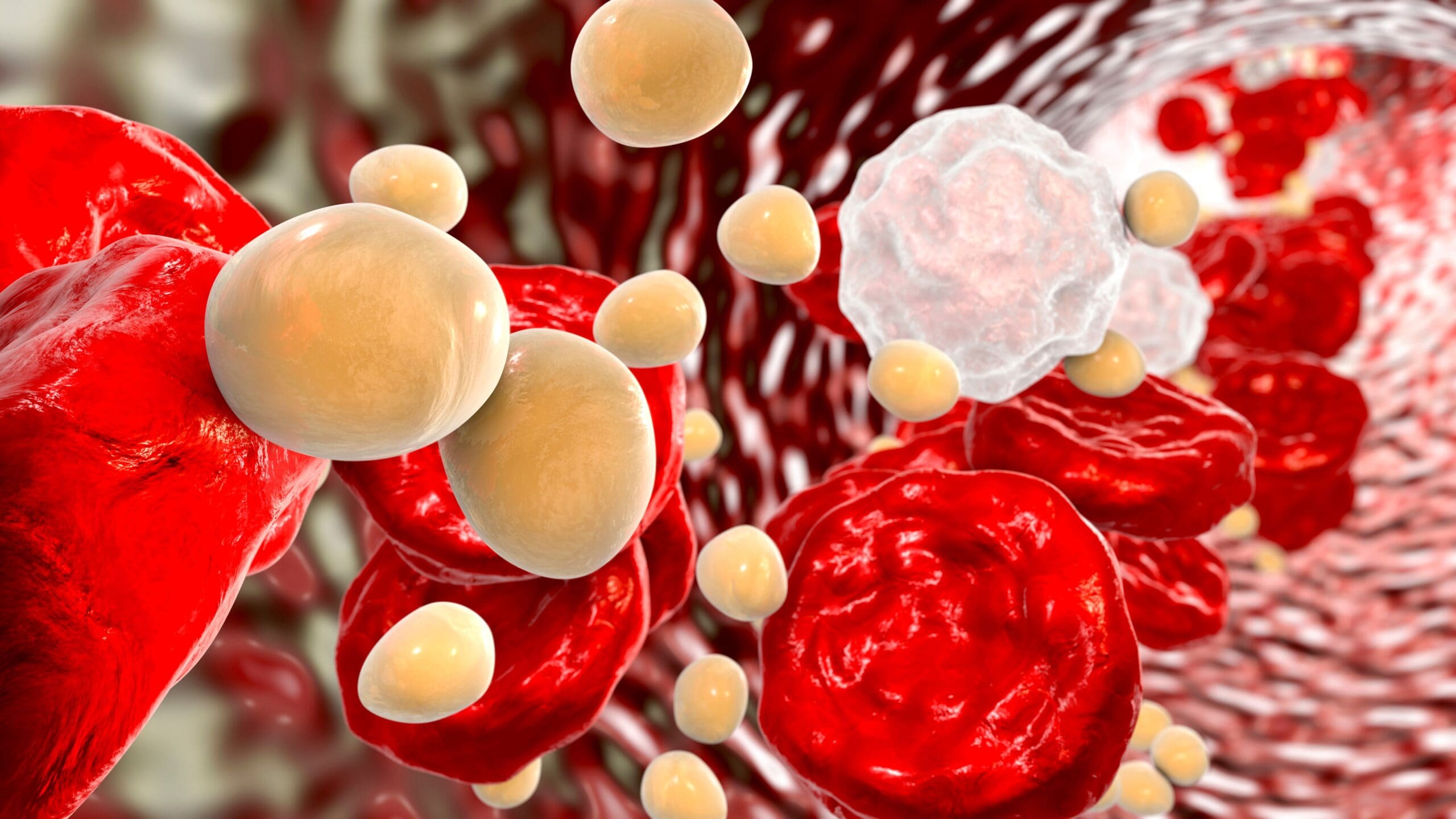Best tips to keep your heart healthy
By naturopath Margaret Jasinska
Heart disease is one of the world’s biggest killers. Naturally most people are concerned about keeping their heart healthy when they get to a certain age. I think too much emphasis is placed on cholesterol, and not enough on insulin resistance and inflammation.
If you are serious about protecting your heart, here are my tips:
1. Ditch the industrial seed oil and margarine and use traditional fats instead
Margarine or non-dairy spread is often marketed as a healthier alternative to butter. Nothing could be further from the truth. Most margarine is cholesterol free but that’s irrelevant. Margarine is high in oxidised omega 6 rich vegetable oil, which significantly increases inflammation in the body and subsequently causes damage to the arteries. People have been eating butter and animal fats like tallow and lard for hundreds of years; long before cardiovascular disease reached epidemic proportions. Pastured (grass fed) butter is a healthy option because it is rich in certain beneficial nutrients such as vitamin K2, vitamin D, butyrate and conjugated linoleic acid. Butter does contain saturated fat and that can raise your cholesterol, but if you want to get specific, saturated fat can raise your HDL (good cholesterol) and increase large particle LDL cholesterol while reducing small dense LDL (the type implicated in clogged arteries).
2. Minimise or avoid foods made of flour
Many people are aware that sugar increases the risk of heart attacks, fatty liver, type 2 diabetes, cancer, accelerated ageing and many other diseases of modern society. You may not realise that bread is almost as bad as sugar. Most bread has a fairly high glycaemic index; that means it raises your blood sugar fairly high fairly quickly and over time can promote the development of insulin resistance. Even wholegrain bread floods your bloodstream with sugar once you’ve digested it. Wheat contains a type of starch called amylopectin A, which is rapidly converted into sugar and likely to promote weight gain around your middle as you get older. Gluten free bread isn’t much better because it’s typically made from grains and starches that also have an extremely high glycaemic index; these include corn, rice, tapioca and potato. You are best off minimising bread in your diet and sticking with vegetables, salads, protein and healthy fats.
3. Make sure you’re eating enough omega 3 fats
Omega 3 fatty acids are abundantly found in some species of fish and may help to protect you against having a heart attack. It is good to consume oily fish at least twice a week. This is because the omega 3 fats in oily fish help to keep the arteries clean, reduce inflammation and help to keep blood fats such as cholesterol and triglycerides low. The problem is, not everyone enjoys oily fish. The species richest in beneficial fats include wild salmon, sardines, anchovies, mackerel, herrings and mullet. Fish oil contains the essential fatty acids called EPA and DHA. DHA is the activated form of omega 3 fats, which is necessary for a healthy heart, healthy brain and joints etcetera. The omega 3 fats in plant foods like flaxseeds, chia seeds and walnuts are the precursor to DHA and much more difficult for the body to utilise.
4. Try to find healthy ways to manage stress and anxiety
Life can get very stressful or busy at times. Long term stress can have a very detrimental effect on your health, even if you are eating well. If you’re currently unable to make changes in your life to reduce stress, please try and find healthy ways of coping with it. Some examples might include speaking to a friend or counsellor about your concerns, joining a yoga or meditation class; exercising or writing in a journal. It is important to have hobbies and passions in life. Most of us spend a large part of our life at work. It’s important to have things to look forward to; things that inspire you and make you excited about getting out of bed.
5. It’s important to get enough sleep
Lack of sleep raises the risk of insulin resistance. That means you’re more likely to have poor blood sugar control and gain weight around your torso, raising the risk of heart disease. Spending some time outdoors each day can help establish a healthy circadian rhythm. Too many people spend all day indoors, and when they go outside, they wear sunglasses. This makes it hard for your brain to know what time of day it is. If you struggle with sleep, taking a magnesium supplement may help.
For more information see the book Cholesterol: The real truth.









Leave A Comment